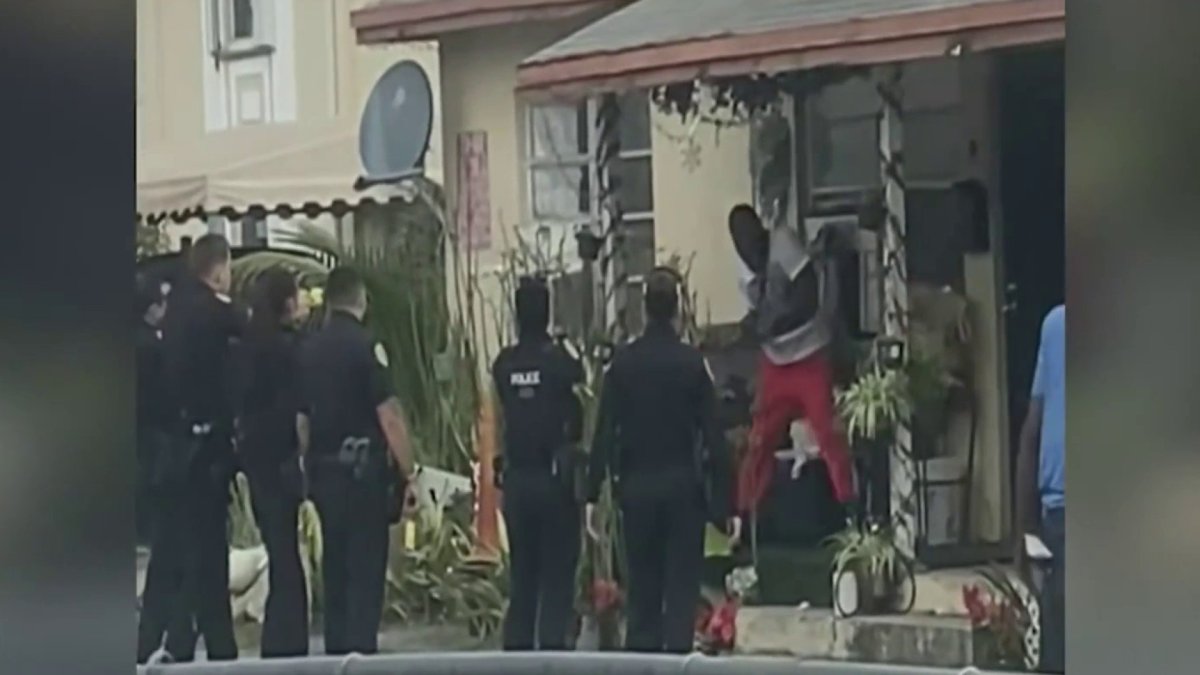Faced with bipartisan outrage over huge publicly traded corporations sucking up tens of millions from a program originally designed to help distressed small businesses, Treasury Secretary Steve Mnuchin said Tuesday larger companies would be barred from dipping into the $310 billion being added to the depleted fund.
"The intent of this was for businesses that needed the money," Mnuchin said. "The intent of this money was not for big public companies that have access to capital."
He said details on the new criteria would soon be released by the Small Business Administration.
The changes come after hundreds of thousands of truly small businesses were shut out of the first attempt at PPP, which forgives the loans of businesses who retain employees on their payrolls for eight weeks.
Sen. Marco Rubio (R-Florida), one of the architects of the PPP, last week criticized media reports that accurately described the program, while he inaccurately inflated its impact.
Amid the backlash, this week Rubio - who, his office said, is unavailable for an interview - changed his tone, admitting Congress erred and needed to fix the program by law or rule changes.
That came after news reports exposed massive restaurant chains and other large corporations were allowed by Congress to tap into the funds, consuming large amounts of the money.
Local
Four percent of the loans were for more than $1 million and they consumed 45 percent of the first batch of $342 billion in loans.
Michael Dolatowski, owner of the Deft Union design-build firm in Miami, said he was among those shut out of the program.
With his clients heavily into the hotel and restaurant business, his business dried up with the pandemic. "With the lack of resources coming in from clients I had to unfortunately lay off my entire team," he said.
He hoped a PPP loan would keep him and his employees afloat for a while, but he has not received word that his loan was approved.
"The banks took care of their biggest clients," he surmised. "I don’t have huge loans and mortgages with JP Morgan but I do bank with them regularly and I do run my business through them and it's just frustrating to feel that we didn’t make the cut."
But, some of JPMorgan Chase's bigger customers did make the cut, like the owners of Florida-based Ruth's Chris Steakhouses, which obtained two maximum $10 million loans.
On its website, Chase said the commercial division that serves its largest clients had fewer applications than its small business operation, so it could process applications more quickly.
But, the bank notes a large majority of the loans it did obtain went to smaller businesses.
For its work, the bank stands to collect about $430 million in taxpayer money as its fee.
Criticism of the PPP came from both political flanks.
Florida Democrats today held a video conference, including Dolatowski, that ripped into Congress and the administration for allowing big publicly traded corporations to get PPP money.
"The fact that some of these programs (like PPP) allows corporations that have the ability to do an equity transaction to also get a government loan makes absolutely no sense," said State Rep. Anna Eskamani (D-Orlando).
From the right, the PPP was criticized by Florida's other senator, Rick Scott, who said "millions of dollars are being wasted" through the program his colleague Rubio spearheaded.
Rather than provide an interview to NBC 6 to discuss PPP and how it is working out, Rubio took to Twitter Tuesday to ask if NBC 6 was aware lobbyists for some local broadcasters were seeking an exemption similar to what was allowed of the restaurant industry.
Neither WTVJ nor its parent company NBC Universal is lobbying on this issue or seeking to apply for any of the PPP loans, a company spokesperson said.



